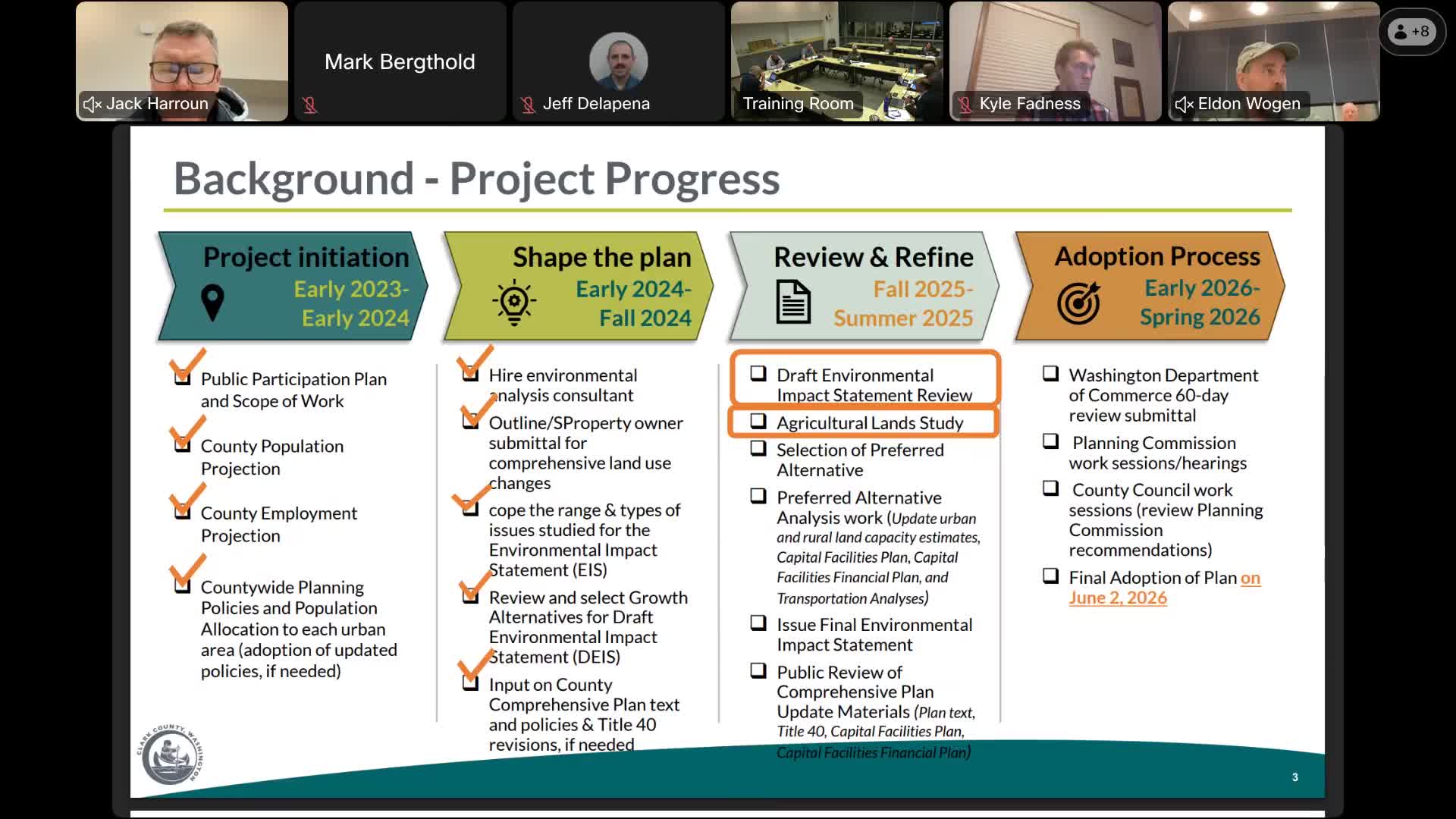RECAP | All 5 former Hockey Canada players found not guilty of sexual assault – CBC

Judicial Verdict in 2018 World Junior Hockey Team Case and Implications for Sustainable Development Goals
Case Summary and Court Findings
An Ontario Superior Court justice has rendered a not-guilty verdict for five members of Canada’s 2018 world junior hockey team on charges of sexual assault. The decision concluded an eight-week trial that drew significant national attention. The ruling centered on the court’s assessment of evidence and the legal definition of consent.
Verdict Details
Justice Maria Carroccia acquitted all accused individuals, determining that the Crown had not met the burden of proving beyond a reasonable doubt that the complainant had not consented to the sexual activity in question. The individuals acquitted are:
- Carter Hart
- Alex Formenton
- Cal Foote
- Dillon Dubé
- Michael McLeod
Rationale for Judgment
The court identified significant issues with the credibility and reliability of the complainant’s evidence. The Justice cited inconsistencies between statements made to police, details from a 2022 civil settlement, and testimony provided during cross-examination. The court rejected the Crown’s position that the complainant’s participation was involuntary due to fear, and found that the complainant had “exaggerated her intoxication.” The defense maintained that the complainant initiated the group sexual activity.
Analysis through the Lens of Sustainable Development Goals (SDGs)
SDG 5: Gender Equality
The trial and its surrounding discourse directly intersect with the objectives of SDG 5, which aims to achieve gender equality and empower all women and girls.
- Target 5.2: End Violence Against Women: The case highlights the profound difficulties in adjudicating allegations of sexual violence, a critical barrier to eliminating all forms of violence against women. The proceedings have fueled a national debate on consent, accountability, and the societal culture within institutions like high-level sports.
- Power Dynamics and Consent: The core of the trial revolved around the legal definition of consent, exposing the complexities of proving its absence in a judicial setting. This speaks to the broader challenge under SDG 5 of dismantling systemic norms and power imbalances that can contribute to gender-based violence.
SDG 16: Peace, Justice and Strong Institutions
The case provides a significant case study for SDG 16, which focuses on promoting just, peaceful, and inclusive societies and ensuring access to justice for all.
- Target 16.3: Rule of Law and Equal Access to Justice: The verdict underscores the high standard of “proof beyond a reasonable doubt” required by the justice system. The acquittal, based on the assessment of evidence and witness credibility, exemplifies the application of this legal principle.
- Institutional Efficacy and Public Trust: The outcome has generated intense public discussion about the capacity of the justice system to effectively and equitably handle sexual assault cases. This impacts public confidence in judicial institutions, a key component of a strong and accountable society as envisioned by SDG 16.
- Accountability and Due Process: The trial represents the function of an independent judiciary in weighing evidence and applying the law. While the complainant described the verdict as “devastating,” the process followed established legal protocols, highlighting the structured, evidence-based nature of strong institutions.
SDG 3: Good Health and Well-being
The proceedings and their context relate to SDG 3, which seeks to ensure healthy lives and promote well-being for all at all ages.
- Target 3.4: Promote Mental Health and Well-being: The trial detailed events with significant psychological implications for all involved, particularly the complainant. The discussion of her state of mind and alleged fear touches upon the complex psychological responses to traumatic situations. The case underscores the importance of mental health support systems for individuals navigating the justice system after experiencing or being accused of acts of violence.
SDGs Addressed in the Article
- SDG 5: Gender Equality – The article’s central theme is a sexual assault trial, which directly relates to the goal of ending violence against women and girls.
- SDG 16: Peace, Justice and Strong Institutions – The text details the legal proceedings of a court trial, focusing on the justice system, the rule of law, evidence, and the final verdict.
- SDG 3: Good Health and Well-being – The article acknowledges the difficult nature of the topic and provides information on support services for sexual violence, touching upon mental health and well-being.
Specific SDG Targets Identified
-
SDG 5: Gender Equality
- Target 5.2: Eliminate all forms of violence against all women and girls in the public and private spheres. The entire article revolves around a high-profile case of alleged sexual assault, a specific form of violence against women. The “widespread debate on sexual assault, hockey culture and the legal definition of consent” mentioned in the article highlights the societal relevance of this target.
-
SDG 16: Peace, Justice and Strong Institutions
- Target 16.3: Promote the rule of law at the national and international levels and ensure equal access to justice for all. The article is a report on the functioning of the justice system. It describes the trial process, the judge’s role in evaluating evidence (“Carroccia detailed scores of evidence she heard over the course of the trial”), the application of legal standards (“the Crown had failed to prove beyond a reasonable doubt”), and the final verdict. The complainant’s access to the legal system and the subsequent outcome are central to this target.
-
SDG 3: Good Health and Well-being
- Target 3.4: Promote mental health and well-being. The article explicitly acknowledges the potential psychological impact of the case details on readers. It directly promotes well-being by stating, “For support in your area, you can look for crisis lines and local services on the Ending Sexual Violence Association of Canada database,” thereby connecting the issue to the need for mental health support systems.
Indicators for Measuring Progress
-
Indicator for Target 5.2
- Implied Indicator: Prevalence of and response to sexual violence. While the article does not provide statistics (like Indicator 5.2.1), the case itself serves as a qualitative indicator of the occurrence of alleged sexual violence. The detailed reporting on the trial and public debate represents a societal and institutional response to such incidents, which is a key aspect of measuring progress.
-
Indicator for Target 16.3
- Indicator 16.3.3 (modified): Access to formal dispute resolution mechanisms. The article provides a clear example of this indicator in action. The complainant (“E.M.”) experienced a dispute (the alleged sexual assault) and accessed a formal dispute resolution mechanism (the Ontario Superior Court trial). The article’s detailed account of the trial process—from witness testimony to the judge’s ruling—documents the functioning of this mechanism.
-
Indicator for Target 3.4
- Implied Indicator: Availability and promotion of mental health support services. The article directly points to an indicator of progress by mentioning the existence and promotion of specific support systems. The reference to the “Ending Sexual Violence Association of Canada database” and “crisis lines and local services” serves as a direct indicator that resources to promote mental health and well-being are available and being publicized in connection with traumatic events.
SDGs, Targets and Indicators Analysis
| SDGs | Targets | Indicators |
|---|---|---|
| SDG 5: Gender Equality | Target 5.2: Eliminate all forms of violence against all women and girls in the public and private spheres. | The case of alleged sexual assault is a qualitative indicator of the prevalence of violence against women. The “widespread debate” mentioned is an indicator of societal response. |
| SDG 16: Peace, Justice and Strong Institutions | Target 16.3: Promote the rule of law at the national and international levels and ensure equal access to justice for all. | The article documents the use of a formal dispute resolution mechanism (the court trial) by the complainant, illustrating access to the justice system. |
| SDG 3: Good Health and Well-being | Target 3.4: Promote mental health and well-being. | The article’s explicit mention and provision of links to “crisis lines and local services on the Ending Sexual Violence Association of Canada database” is an indicator of the availability and promotion of mental health support. |
Source: cbc.ca

What is Your Reaction?
 Like
0
Like
0
 Dislike
0
Dislike
0
 Love
0
Love
0
 Funny
0
Funny
0
 Angry
0
Angry
0
 Sad
0
Sad
0
 Wow
0
Wow
0













































































